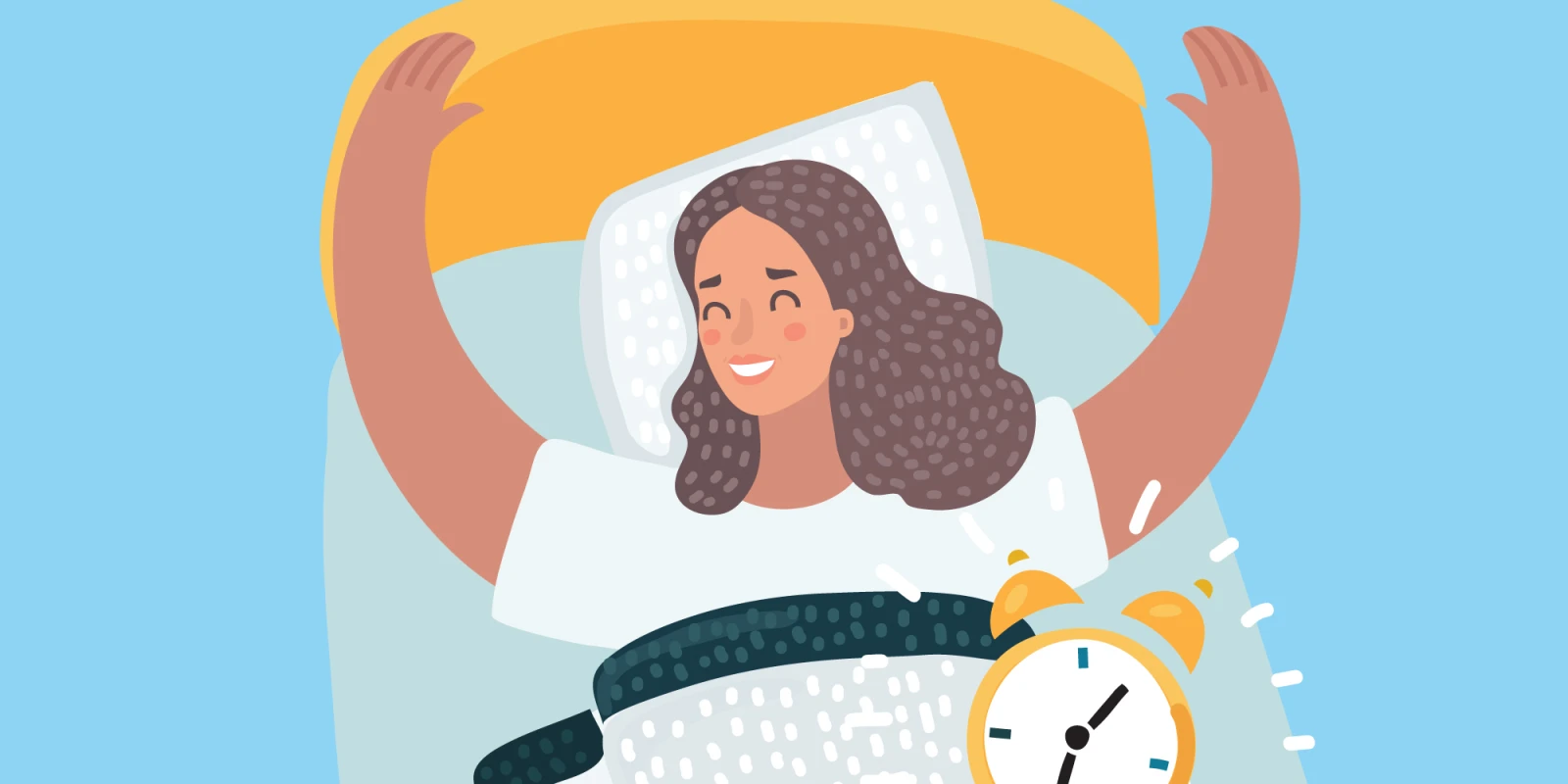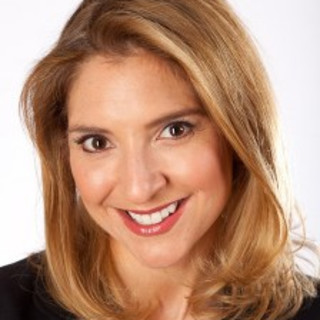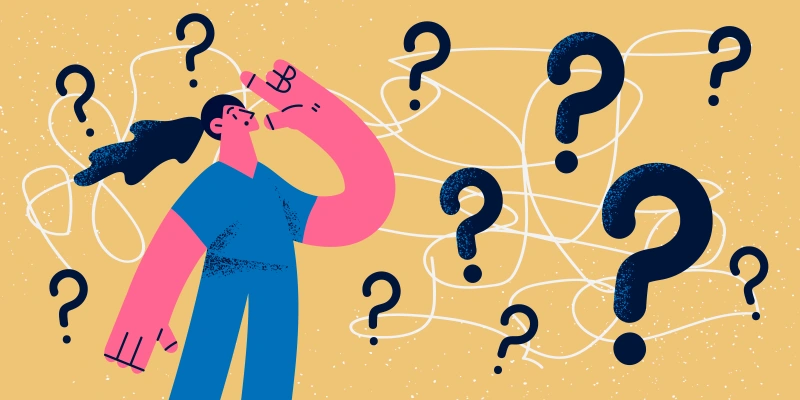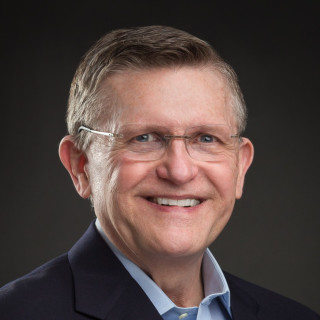
I was in my intern year when I awoke one day with swollen joints — my hands, feet, pain in my back. I went from running daily to being unable to stand when I evaluated patients – I’d pull up a garbage can to sit on, since we never had enough chairs. I was eventually diagnosed with psoriatic arthritis and started on injections twice a week.
But, as an ER doctor, I’d always felt this sense that whatever came through those double doors, I could handle it. That “I’ve GOT this.” So, I asked myself: why did I not feel that way in my own health?
I couldn’t help but wonder, if the roots (or at least the fertilizer) of my new condition were from the stress of residency and the ER. But what I didn’t realize was that within that potential cause, I’d also find the solutions.
You see, working in the ER had taught me about cognitive overload, about our body’s equilibrium (and what happens when they go into disarray), and the profound impact of even the smallest lifestyle choices. We learned the value of protocols (ABCD anyone?) and process improvement. I also learned the beauty of small, incremental change: if a patient comes in with a blood pressure of 225/150, first I yawn (call me when SBP is > 250, right?), but secondly, I don’t knee-jerk reaction to fix it to “normal” — I slowly start to lower it, knowing that the slow, incremental trend is far better than a severe drop. Because in the ER, I’ve learned that just incremental beginnings can trigger radical change.
Of course, I was my own first guinea pig. With significant lifestyle changes, I was able to wean off my arthritis medications eight years ago. (Note: I’m not anti-medicine. I have huge faith in it. I prescribe it, for Pete's sake! But, in my individual case, as for man, other factors also play a large role.) Most days, (as long as I keep within this regimen) I can forget I have this diagnosis.
So, when I became pregnant and realized that my life was going to get even more chaotic, I took everything I’d learned, researched more, and put it to use for a system we can use in our everyday lives. I wanted solutions that leverage our body’s intrinsic equilibrium (thrown off for many of us today), that automate healthy decisions, and mostly, that reduce the cognitive battle of trying to be healthy today. Just how we use many similar tools to manage the beast of the ER (or tools that experience led me to wish existed), health hacks simplified my own health. Health hacks help us all find our own “I’ve GOT this.”
Here are some of the simplest examples:
- Get bright light the moment you wake up. For most of us (especially anyone working shift-work at erratic hours), our Circadian Rhythm is off. Fortunately, the same bright that can throw it off, can also be used to reset it. So, whether it’s sunlight outside or bright lights indoors, let bright light hit your eyes as soon as you wake up to reset your body clock daily. Look outside (if it’s light), use an alarm clock that lights up, or even just the bright lights in your bathroom or your smartphone — but do it as soon as you awaken, to sync your “wakeup time” on the clock to your body clock. That immediately signals the brain to shut down melatonin production (which makes you feel less like a zombie immediately), but by resetting your body clock, it also means you have an easier time falling asleep that night — and waking up the next morning.
- “Temptation Bundle” to look forward to exercise. “Temptation Bundle” to look forward to exercise. Even though as physicians, we recognize the value of exercise, it can still be hard to actually DO it — especially when you’re tired, or after (or before!) a long shift. So, in this case, it’s time to bring in the big guns and appeal to our basic human tendencies — or leverage our “guilty pleasures” for something good! In a Wharton study, participants who were ONLY allowed to listen to an addictive audio book when they exercised put in 51 percent more gym time than those who could listen whenever they wanted. Find your own “temptation” and only allow yourself to watch/read/ listen when you’re exercising, and you’ll start looking forward to your workouts!
- Rearrange your pantry. This is a hack that I’ve done in my own house, but, just as importantly, is one that I share with my patients who struggle with diet. It’s one thing to “know” what you shouldn’t eat (and come on, we all “know” we shouldn’t eat the entire bag of M&Ms before bed. It’s not rocket science — but what’s even more powerful is the “how” to make it happen, and how to make healthy decisions easier. We like to think that we are intentional, thoughtful beings. Not true. One study showed that if people wanted to eat less, all they had to do was put a single obstacle between them and the food, and they ate 70 percent less, without using any willpower at all. Have a tempting candy or treat? Put it on a shelf that requires you to use the stool (even if the stool is just a step away). You won’t believe this is as easy as that — and yes, you’ll pull the stool over sometimes and get the treat — but if it even reduces your intake by 20 percent without willpower, that’s a win — and an effortless step in the right direction.
- Just focus on the single NEXT thing that needs to be done. You leave a shift or clinic, and have to fix dinner, help your child with homework, plan their birthday party, finish charting, and submit your tax paperwork. Just like in the ER, simultaneous demands can be so overwhelming that we become cognitively overloaded, our stress levels rise, and our decision capacity falls. That’s why we all learned the ABCD’s of trauma — so even when there are 50 different issues grabbing your attention about a patient, you focus on the single most pressing one. Then you focus on the next, and so on. I’ve started doing this in my home, and what I call “single-tasking,” instead of trying to handle multiple demands at the same time. It seems like it may take more time – but in fact, juggling multiple activities simultaneously doubles our rate of error and cuts productivity by 40 percent. So, the next time you feel overwhelmed, jot everything down on a list, choose ONE thing to tackle first and focus solely on that. Only when that is complete, do you move to the next item. Your stress levels, your family, and your to-do list will all thank you.
I’m grateful for the stress I’ve faced in the ER — because it’s prepared me to handle chaos in every other aspect of my life. I probably wouldn’t even change my arthritis diagnosis, for that same reason, in which case, I guess you could call this book my "Lemonade."
Dr. Darria is a board-certified Harvard- and Yale-trained Emergency physician, favorite expert on national TV shows including CNN, HLN, The Dr. Oz Show, and The Doctors, mom of two, and author of the upcoming book Mom Hacks (Hachette Book Group). Mom Hacks hits shelves on February 19th, sharing 100+ super-charged hacks to make good health simpler for mom and baby. Grab Mom Hacks and find your “I’ve GOT this,” today.






